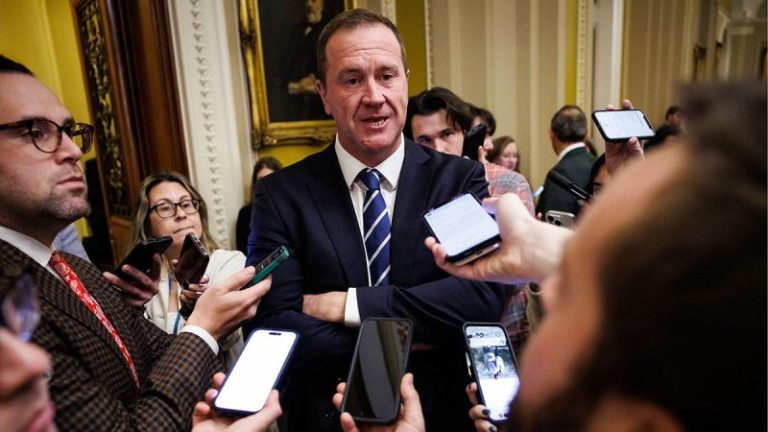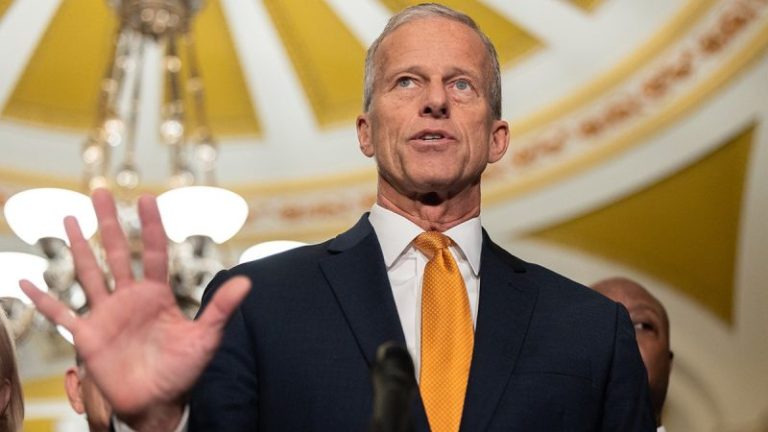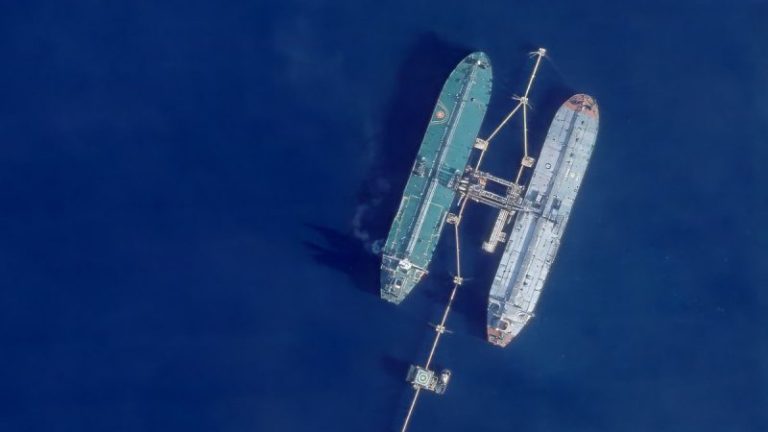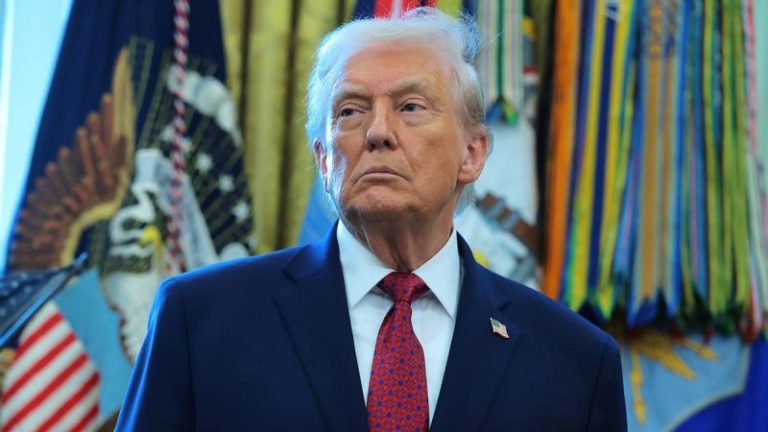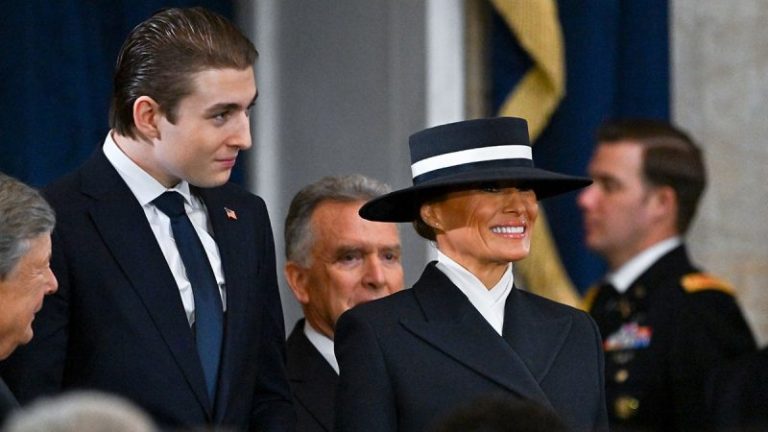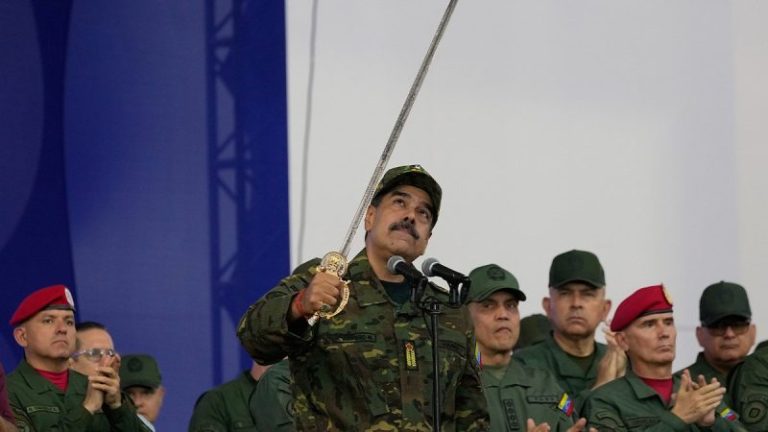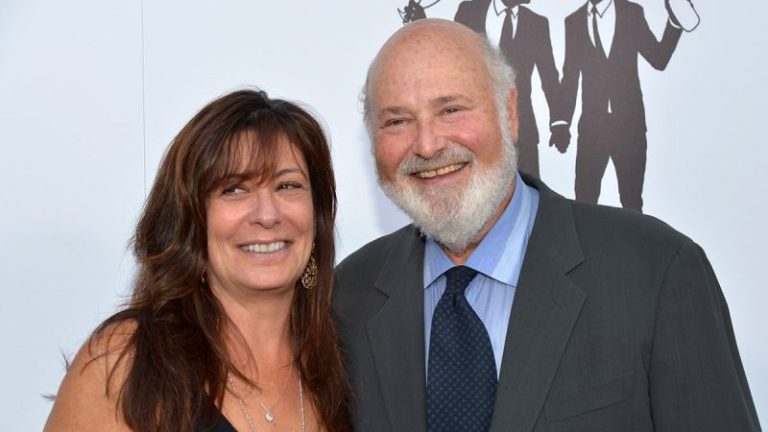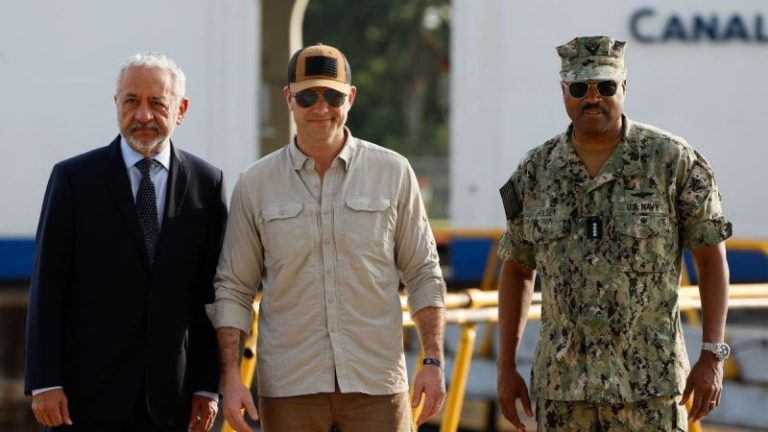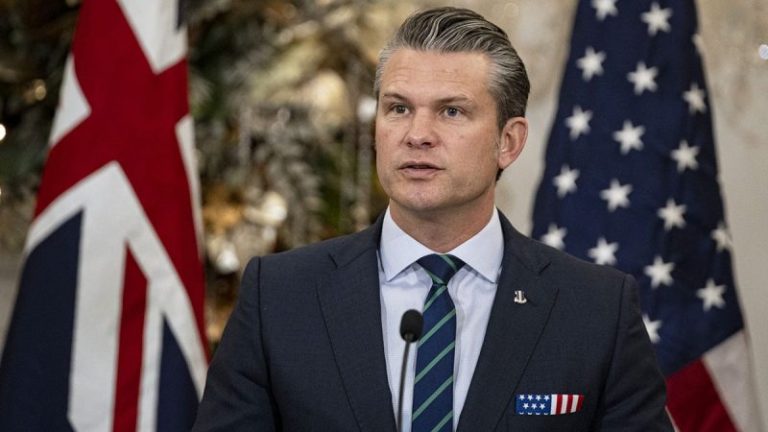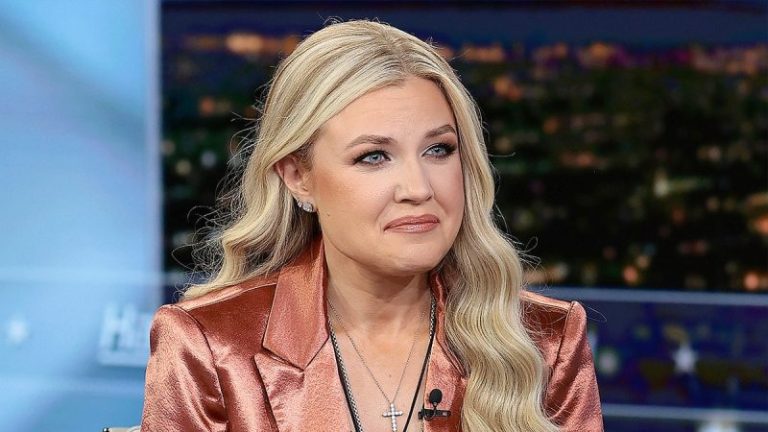First lady Melania Trump is giving Fox News an exclusive first look at her upcoming film, ‘MELANIA,’ set to hit theaters worldwide next month.
The 104-minute film is set to hit theaters globally on Jan. 30, 2026, appearing in theaters across North America, South America, Asia, Europe, Israel, the United Arab Emirates and more. Amazon will also launch a documentary series in the coming months.
‘History is set in motion during the 20 days of my life prior to the U.S. Presidential Inauguration,’ the first lady told Fox News. ‘For the first time, global audiences are invited into theaters to witness this pivotal chapter unfold—a private, unfiltered look as I navigate family, business, and philanthropy on my remarkable journey to becoming First Lady of the United States of America.’
Fox News exclusively obtained the trailer, which opens with the first lady walking into the U.S. Capitol rotunda ahead of her husband’s second inauguration. She looks to the camera in her now-iconic inauguration outfit, and says: ‘Here we go again.’
The trailer jumps from the first lady and president at the inauguration; to standing together outside of Mar-a-Lago; behind-the-scenes of the inauguration showing Baron Trump and Mrs. Trump’s father; to a series of images of the first lady; Air Force One; the presidential seal and more.
The infamous Metro Goldwyn Mayer (MGM) lion roars and takes over the screen.
The trailer then shows Mrs. Trump entering a room where President Trump stands at a podium during a meeting and is rehearsing a speech.
‘My proudest legacy will be that of peacemaker,’ Trump said.
The first lady breaks in and says: ‘Peacemaker and unifier.’
The trailer shows the first lady getting out of a vehicle, sporting a pair of black stiletto boots, and jumping to the East Wing residence, where she stands in her stunning white and black inaugural ball gown, and smiles at the camera.
The trailer invites the audience to ‘witness history in the making.’
The trailer also shows the first lady reviewing materials with staff and more.
It cuts to a scene of Mrs. Trump asking a security detail ‘is it safe?’ and the agent confirming ‘it is safe,’ before the film cuts to sirens and the motorcade driving through a city.
’20 days to become first lady of the United States,’ the trailer says.
‘Everyone wants to know,’ Melania Trump says. ‘So here it is.’
The trailer ends with Mrs. Trump calling ‘Mr. President’ to say ‘congratulations.’
‘Did you watch it?’ President Trump says through the phone.
‘I did not. Yeah, I will see it on the news,’ Mrs. Trump says.
The film is set to hit theaters around the globe on January 30.
The first lady said that the story ‘has never been told, and because the subject matter is historically consequential, it was imperative for me to produce a film of the highest cinematic standard, suitable exclusively in theaters worldwide.’
‘The 20 days of my life, preceding the U.S. Presidential inauguration, constitutes a rare and defining moment—one that warrants meticulous care, integrity, and uncompromising craftsmanship,’ she said. ‘I am proud to share this very specific moment of my life—20 days of intense transition and planning—with moviegoers and fans across the globe.’
Fox News Digital has learned that the first lady was involved ‘in every aspect’ of the film — from her ‘creative vision,’ to working as a producer on the film and to ensuring the post-production marketing is executed properly. Fox News Digital has learned that the first lady has been very ‘hands on’ from start to finish.
‘She is giving the audience unprecedented access to her life — and to any first lady’s life — during this 20-day period,’ a source familiar with the planning of the film told Fox News Digital.
The film takes the audience through the first lady’s life leading up to the inauguration — from her home in Trump Tower in New York City, to Mar-a-Lago in Palm Beach, and behind-the-scenes access in Washington D.C.
Mrs. Trump first had the idea for the film in November 2024, after President Trump won the election.
Marc Beckman, Mrs. Trump’s agent and exclusive senior advisor, led negotiations on her behalf with Amazon, specifically with Amazon CEO Andy Jassy, beginning on Nov. 18, 2024.
Fox News Digital has learned that Disney sought to obtain the exclusive rights to the film, as well as Netflix and Paramount. Amazon and MGM had the highest bid, purchasing the license for the film for $40 million — the largest documentary deal in history.
‘I’m honored to be working with Amazon — they’ve been great partners from the minute we started to negotiate the deal, through production and now as we gear up for the film’s release,’ Beckman told Fox News Digital.
‘Speaking of the deal, there has been so much speculation in the press on the bidding and how we ended up with Amazon, that we’re at a point where it’s worth clarifying a few things,’ Beckman said.
First, Beckman told Fox News Digital that some bidders were ‘interested only in a film, and others only in a series.’
‘Amazon ended up bidding on both, and checked all the boxes we were looking for, as they could also deliver a theatrical film release,’ Beckman explained.
Beckman stressed that he negotiated the deal on behalf of the first lady while dealing with ‘all the studios directly.’
‘I’ve seen reporting that Amazon paid nearly three times the nearest other bid, and that’s just false,’ Beckman said. ‘It was an incredibly competitive bidding process with multiple rounds of bids.’
Beckman added: ‘Yes, Amazon had the highest bid, but they also bid on the most product — series and film.’
Filming began in December 2024. The film is executive produced by Trump and Fernando Sulichin of New Element Media, with Brett Ratner of RatPac Entertainment serving as director.
The film itself is produced in a ‘highly cinematic’ way. Sources familiar with the production told Fox News Digital that the first lady did not want the film to look like a documentary, but rather an ‘elevated film.’
The launch of the film comes a year after the release of her first-ever book, ‘Melania.’ The memoir presents an intimate portrait of Melania Trump and includes personal stories and family photos she had not previously shared with the public.
‘Melania’ has been at the top of the New York Times’ best-selling list since its release to the public.
Upon the release of the memoir last year, the first lady told Fox News Digital that writing her story was ‘an amazing journey filled with emotional highs and lows.’
‘Each story shaped me into who I am today,’ she said. ‘Although daunting at times, the process has been incredibly rewarding, reminding me of my strength, and the beauty of sharing my truth.’
‘Melania’ is the first lady’s first book. She released the original book along with a special collector’s edition that includes photos hand-selected by the first lady, many of which she photographed herself of her home and of various trips she has taken around the world.
This post appeared first on FOX NEWS

